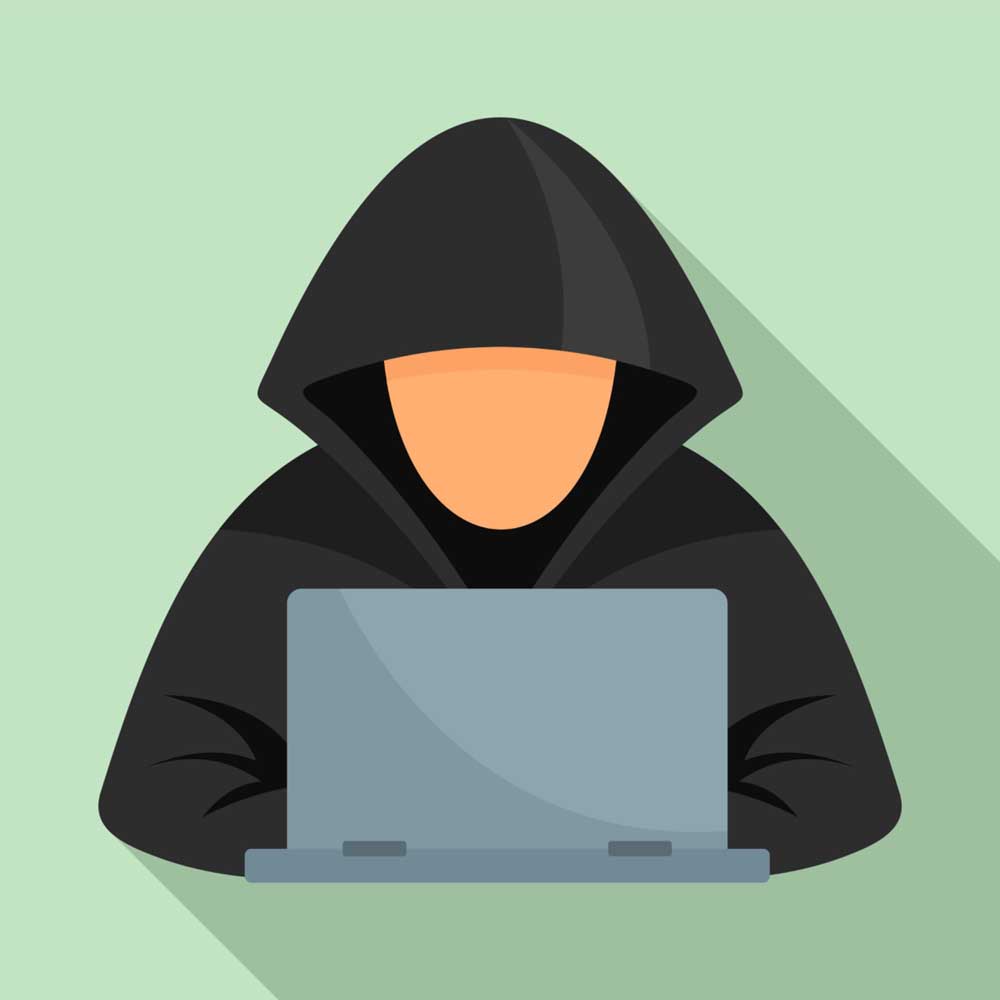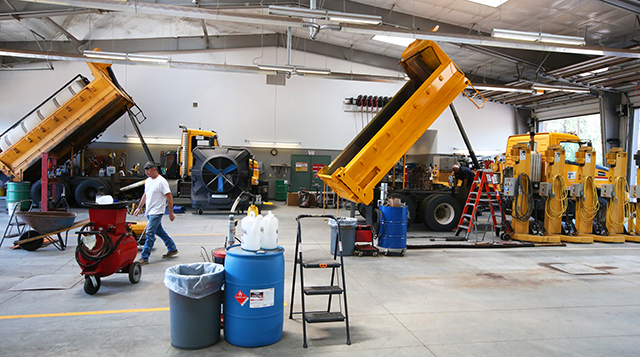Guest Column: The bravado in anonymity
Published 9:00 pm Tuesday, September 10, 2024

- Anonymous
Why are we so much braver, louder, and opinionated when we are anonymous? When no one knows who we are we yell, and scream protected by the fog of obscurity. Is the bravado of anonymity a sign of general cowardice? History has many examples showing those who cover their faces with masks and hoods are more aggressive. Anonymity is used as a shield and a foil. A shield to protect those brave enough to risk blowing the whistle on corruption, poor safety, and other malicious acts otherwise wanting to be kept secret. A foil as a weapon to perpetuate misinformation, rumors, and lies to injure someone’s life or reputation. We are in a technology-driven world, able to easily conceal our true identity. In fact, today we don’t have to use hoods and masks, while still some choose to. Today, we can assume many identities on many platforms to further expand our efforts to discredit and perpetuate conspiracy theories.
Not so long ago, individuals took immense pride in expressing their thoughts and opinions openly, willingly attaching their names to their words and actions. People valued the recognition and accountability that came with sharing their ideas publicly. There was a sense of personal responsibility and integrity in communication. Unfortunately, those days seem to have faded into the past, replaced by a culture of hiding, concealing, and distancing from one’s statements.
Trending
In our current digital landscape, we face significant challenges in identifying and confirming the sources of information. The ease with which individuals can hide behind pseudonyms or fabricated identities has made it increasingly difficult to trace the origins of statements, claims, or accusations. This shift has profound implications for the quality and reliability of public discourse.
If we aspire to have a culture of accountability, it is imperative we support individuals willing to stand firmly behind their words. This means creating and supporting an environment where people are not only comfortable but proud to associate their identities with their expressions. We can create a more transparent, responsible, and trustworthy communication landscape by re-enforcing this connection between individuals and their statements. Personal accountability is essential for rebuilding trust in our interactions and information exchanges, both online and offline.
Protocols can be put in place to truncate the use of anonymity as a false shield and sharp foil. Social media outlets can require a publicly accessible, verifiable name associated with each account. There can be a limit on the number of times any tweet and/or post of any article can be blindly or mindlessly forwarded. Algorithms can be written to require human interaction to verify accounts and terminate those that cannot be verified. Imagine the impact on bot propagation if ten percent of every social media account were randomly verified every day. Locally, The Bulletin could refuse to publish and reject electronic comments by contributors using unique usernames and not their real names. The Bulletin requires Guest Column contributors to give their full name and verifiable contact information before publication. The same could be required for all.
For those who have anonymously sent snarky physical letters and online comments, your fake bravado is acknowledged. While I appreciate your concern for my well-being, I would more welcome an opportunity to have a civil dialogue. We don’t have to agree to be respectful and listen to each other. So, who am I? Like every Guest Column author, am your neighbor willing to express a thought or opinion, sign my name, and stand by my words.
Editor’s Note
Trending
Do you have a point you’d like to make or an issue you feel strongly about? Submit a letter to the editor or a guest column.








